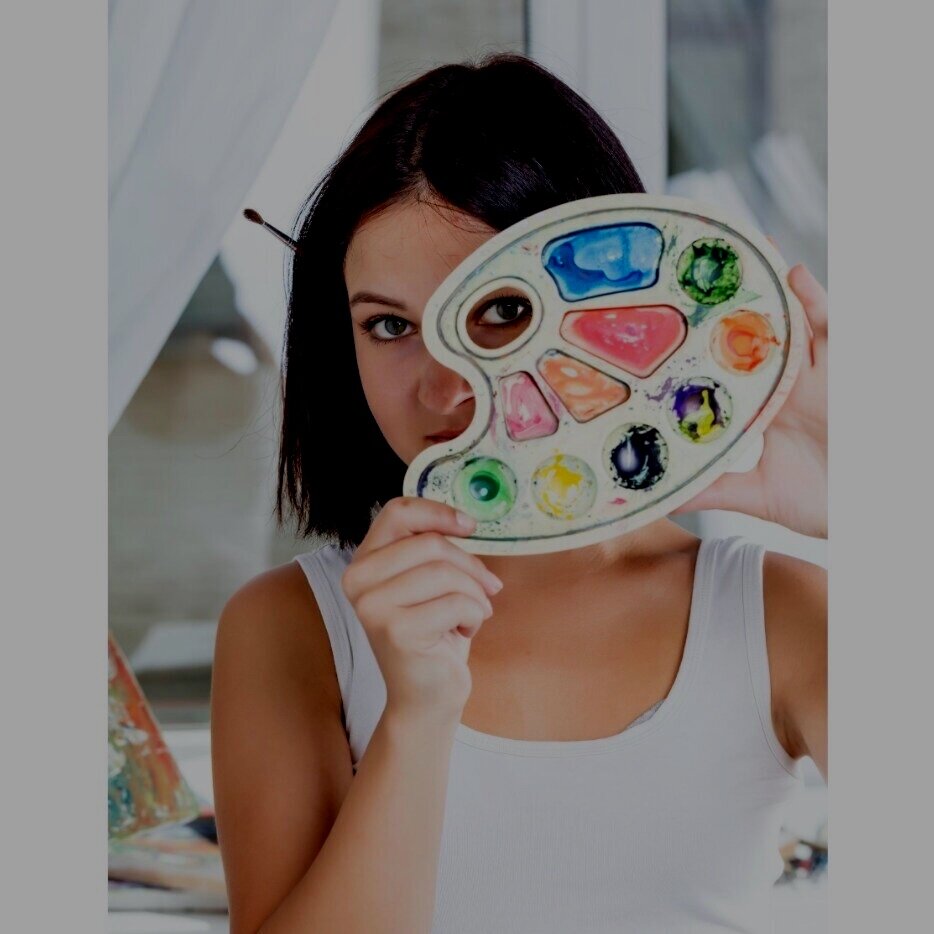
Adolescents
Adolescence is remarkably difficult—for you and your teen.
As a parent of a teen, you’re worried, concerned, and frustrated.
Your little kiddo has grown up way too fast.
Where has the time gone? And who is this hormone-fueled stranger that inhabits the body of your precious child?
It seems like only yesterday you were enjoying games of peek-a-boo with your little bundle of joy. You’ve created so many wonderful family memories together, playing, laughing, and enjoying each other’s company. Of course it wasn’t always all puppies and rainbows, but at least you knew your kid admired and appreciated you.
But nowadays, it seems your growing child wants nothing to do with you—unless they want something: Money? A ride? Permission to stay the night anywhere else but home?
You knew the teenage years would someday come, and you were warned it wouldn’t be easy.
But this is next level difficult.
There was no amount of advice or education that prepared you for dealing with this Dr. Jekyll / Mr. Hyde version of your child.
Maybe your child used to talk to you about difficult days, but now, they jolt when you touch their shoulders, hide away in their bedroom all day, huff and puff, and even scream at you to go away. And the eye rolls… oh, the eye rolls.
You suspect something is wrong, and you see the warning signs, but aren’t exactly sure what to do because your kid isn’t talking to you about it. So here you are. You’ve found this website, desperately seeking support for your teen. You also want your own support for how to navigate the role of a parent during these angsty, irritable, and impulsive teenage years.
You want answers for the persistent, confusing thoughts of:
Is this normal teenage behavior? Am I being overprotective? Do I need to give them space? Do I need to be more involved? Will this parenting thing ever get any easier!?
Maybe you’ve sought out therapy before, but your teen didn’t want to go and it didn’t seem to help. But you know nothing changes if nothing changes, and there is no doubt in your mind your teen is starting to head down the wrong path.
So, you’re looking for different options.
Giving up is not an option—you love your kid way too much to helplessly watch them slip away.
As a licensed professional counselor associate and trained art therapist, I specialize in art therapy services in Greenville, SC.
My approach to working with teens is different…

…they actually enjoy coming to therapy.
Teens are in a developmental stage in which they are gaining an understanding of their independence, consequences and emotions.
This pivotal stage of growing up becomes extra complicated when combined with depression, anxiety, or temptations to experiment with drug use. Not to mention all those hormones.
We focus our therapeutic work on helping teens and their parents understand and navigate these new and challenging dynamics, discuss healthy boundaries, and creatively work together.
Self-Esteem
Teens are in a developmental phase where they are figuring out their identity—who they are, and where they belong in this world. This desire to belong is engrained in our human nature, but its force is stronger than ever during adolescence. This is one of the reasons why teens gravitate so strongly to their peers. They are seeking validation and acceptance from the outer world.
Teens often feel like no one in the world could possibly understand what they are going through—which is a lonely feeling. This can lead to getting caught up with toxic romantic relationships, struggling with friend relationships, or pushing the envelop with risky behaviors.
We use art therapy to help our teen clients recognize and connect to their own values, improve their self-esteem, and grow stronger in their own identity. Art therapy is less confrontational than traditional talk therapy, and helps teens process difficult thoughts and feelings in creative ways that are helpful, metaphorical (profound for teenagers!), and even enjoyable.
Through the art-making process, our teen clients take an active role in their own therapy process. This gives them autonomy while they practice making informed decisions, improve their sense of Self, and as a result, begin to have better overall mental health.
Anxiety
Teens haven’t yet developed awareness or understanding of anxiety, which is why it ultimately is outwardly expressed as anger, frustration, or a ‘snippy’ attitude.
Anxiety during adolescence is extremely common and even normal—to an extent. If your teen has started to give off warning signs that they are engaging in risky or self-destructive behaviors, it’s likely that anxiety is in the driver’s seat, and they will benefit from therapy.
~~~~~
Some issues related to anxiety in teens include:
Overwhelming worry about the future
Unhealthy relationships with red-flags of co-dependency
Negative self-talk
Sleep issues
Pessimism and loss of joy
Avoiding or procrastinating
Unhealthy behaviors (substance use, self-harm)
~~~~~
Art therapy can be especially helpful for teens to not only recognize anxiety, but learn realistic, healthy ways to manage it so it no longer overwhelms them or makes them feel and act out-of-control.
Collaborative Care
It’s worth noting that there is no one-size-fits-all approach to therapy, and establishing the therapeutic alliance can take some time.
We believe that trust is HUGELY important for teenagers, and it is extremely important for us to gain their trust in order for treatment to be effective. This is why we start our therapeutic work with teens for the first few weeks in private, individual sessions.
We also believe in the saying, it takes a village. It’s important for us to eventually include you, the loving parent, and any other relevant family members into therapy sessions with your teen. However, we do keep the nitty-gritty details that our teen client’s share with us confidential, unless there is imminent risk related to harm to self or others.
As a concerned parent, you’re always welcomed and encouraged to meet with us privately from time to time as an aspect of your teen’s treatment, to ensure you also feel supported throughout these challenging times.
We’re invested in the success of your teen, and will always advocate for your child to get the most comprehensive, high-quality care possible. This means we coordinate care with outside providers such as psychiatrists, doctors, or teachers when necessary (with your permission, of course), to establish a supportive treatment-team network.
If you’d like to get a feel for who I am, learn how my approach is different from traditional talk therapy, and see if we’re a good fit, then I recommend you and your teen start with a free 20-minute meet and greet consultation appointment:
